What exactly comes to your mind when you think about your writing? Usually, students have so many doubts when they start working on their essays. Writing is a complex process, and nobody explains how to manage it. We recommend not overwhelming yourself with disappointing thoughts and focus on the best results.
Professional writers often don’t know where to start, but now they are on the top. There are many sources where you can read more on how and where to become one of the most successful essay writers and also read our list to improve your writing skills.
Contents
- 1. Patricia Goodson: “Becoming an Academic Writer: 50 Exercises for Paced, Productive, and Powerful Writing”
- 2. Hilary Glasman-Deal: “Science Research Writing for Non-Native Speakers of English”
- 3. Steven Pinker: “The Sense of Style: The Thinking Person’s Guide to Writing in the 21st Century”
- 4. Phylliss Creme and Mary Lea: “Writing at University: A Guide for Students”
- 5. Eric Hayot: “The Elements of Academic Style: Writing for the Humanities”
- 6. Stephen B. Heard: “The Scientist’s Guide to Writing: How to Write More Easily and Effectively throughout Your Scientific Career”
- 7. Wendy Laura Belcher: “Writing Your Journal Article in 12 Weeks: A Guide to Academic Publishing Success”
- 8. Paul J. Silvia: “How to Write a Lot: A Practical Guide to Productive Academic Writing”
- 9. Luiz Otavio Barros: “The Only Academic Phrasebook You’ll Ever Need: 600 Examples of Academic Language”
- 10. Shuyi Chua: “The Graduate Student as Writer: Encouragement for the Budding Scholar”
1. Patricia Goodson: “Becoming an Academic Writer: 50 Exercises for Paced, Productive, and Powerful Writing”
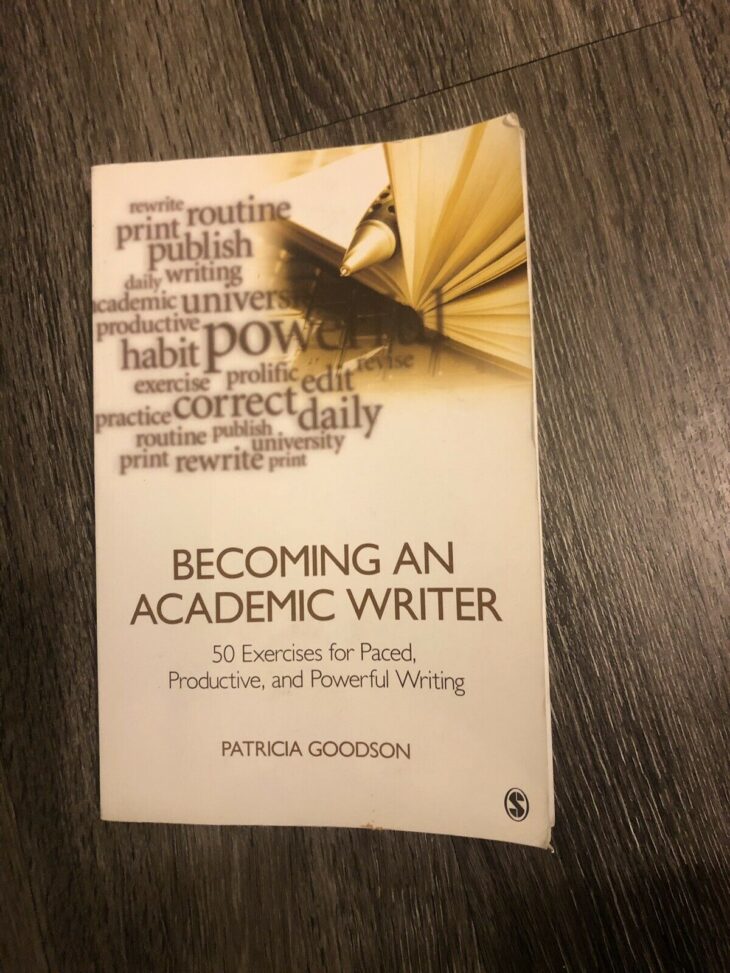
Source: ebay
If you want to find extremely helpful ways on how to improve your writing, you should start with the right book. Patricia includes 50 training methods based on other writers’ experiences that can make your writing more ideal. The author recommends to try out every new exercise weekly. After regular practice, you will develop new habits in concise, logical, and effective writing.
2. Hilary Glasman-Deal: “Science Research Writing for Non-Native Speakers of English”
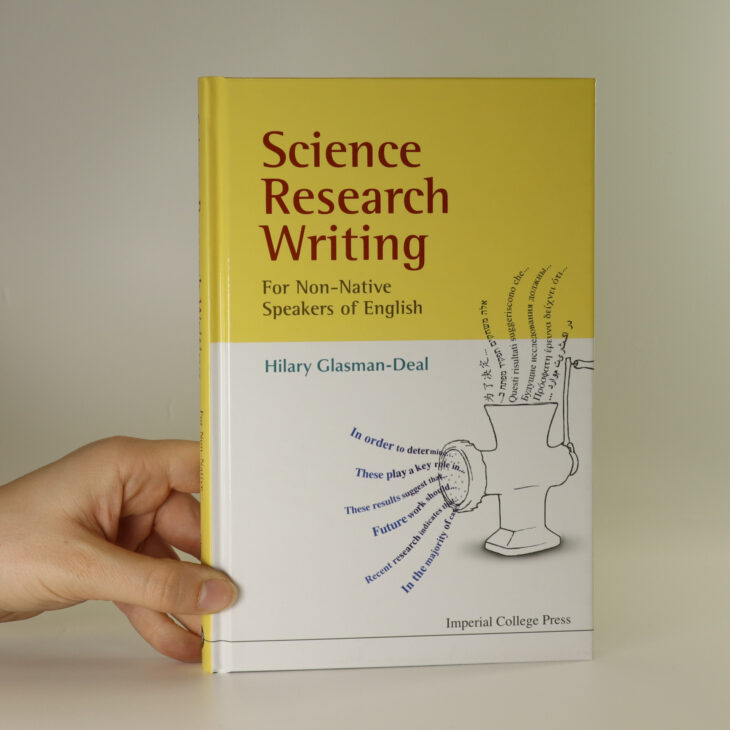
Source: knihobot
This book is a great tool for international students to increase their level of English writing. When you need to conduct scholarly research, pay attention to how to build the structure of your essay. Extend your knowledge of vocabulary and grammar, especially for academic writing. In this book, you will find universal recommendations for non-native speakers that will simplify your research both for ordinary essays and for a master or doctoral dissertation.
3. Steven Pinker: “The Sense of Style: The Thinking Person’s Guide to Writing in the 21st Century”
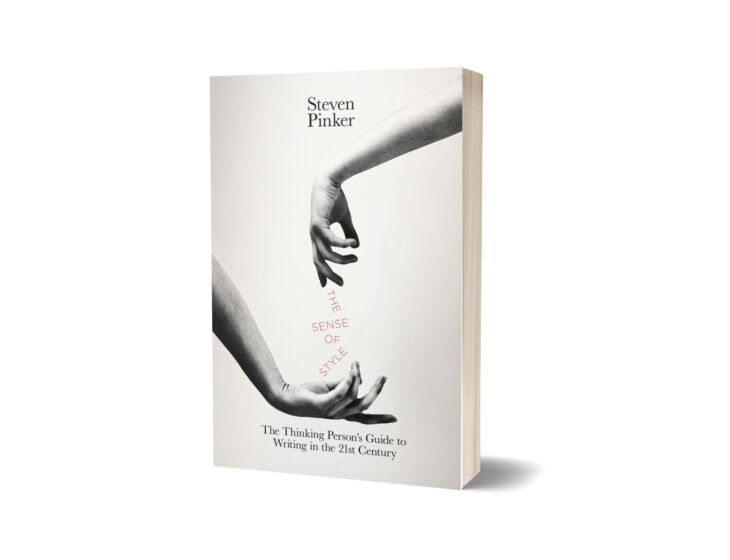
Source: onlinebookshop
If you can’t find the right words to start writing, this book is made just for you. Conversation style and academic description differ greatly from each other. In “The Sense of Style” by Steven Pinker, you can find a lot of examples for when you lose control of your writing. The author shows you the signs when you have to be attentive not to over-bloat your text with useless expressions. This is just a cover for a lack of ideas.
This book is a great tool to learn to focus on what you tell your reader.
4. Phylliss Creme and Mary Lea: “Writing at University: A Guide for Students”
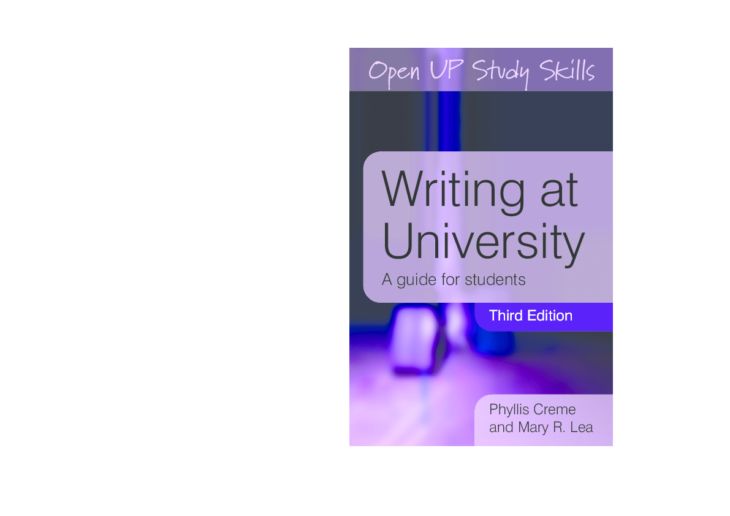
Source: academia
When you hold this book in your hands, remember to follow everything that the author teaches you here. With these recommendations, you will learn how to make your text interesting and clear for the audience. The authors speak about the importance of structure in every academic paper and show examples of quotes from other scholarly researches. The various method you use from this book can help you to work on your draft and coherently implement all ideas in an essay.
5. Eric Hayot: “The Elements of Academic Style: Writing for the Humanities”
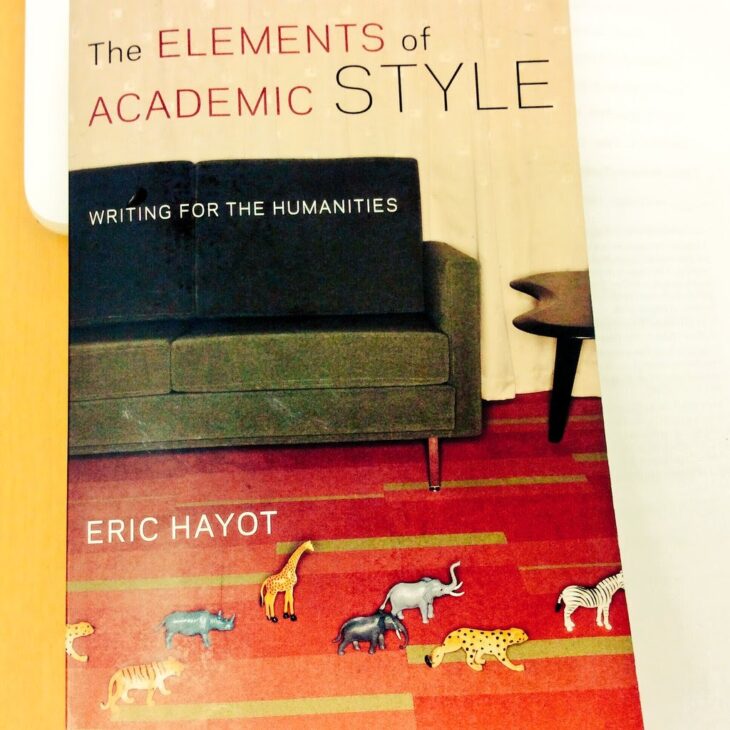
Source: networks
Every discipline has its own characteristics. When a student learns humanities, writing features may vary when writing scientific research. Eric Hayot shows us what we should pay attention to when writing great essays on any humanity discipline.
In this book, you can get not only practical recommendations but psychological support as well. It is very important when students give up after a frustrating writing experience.
6. Stephen B. Heard: “The Scientist’s Guide to Writing: How to Write More Easily and Effectively throughout Your Scientific Career”
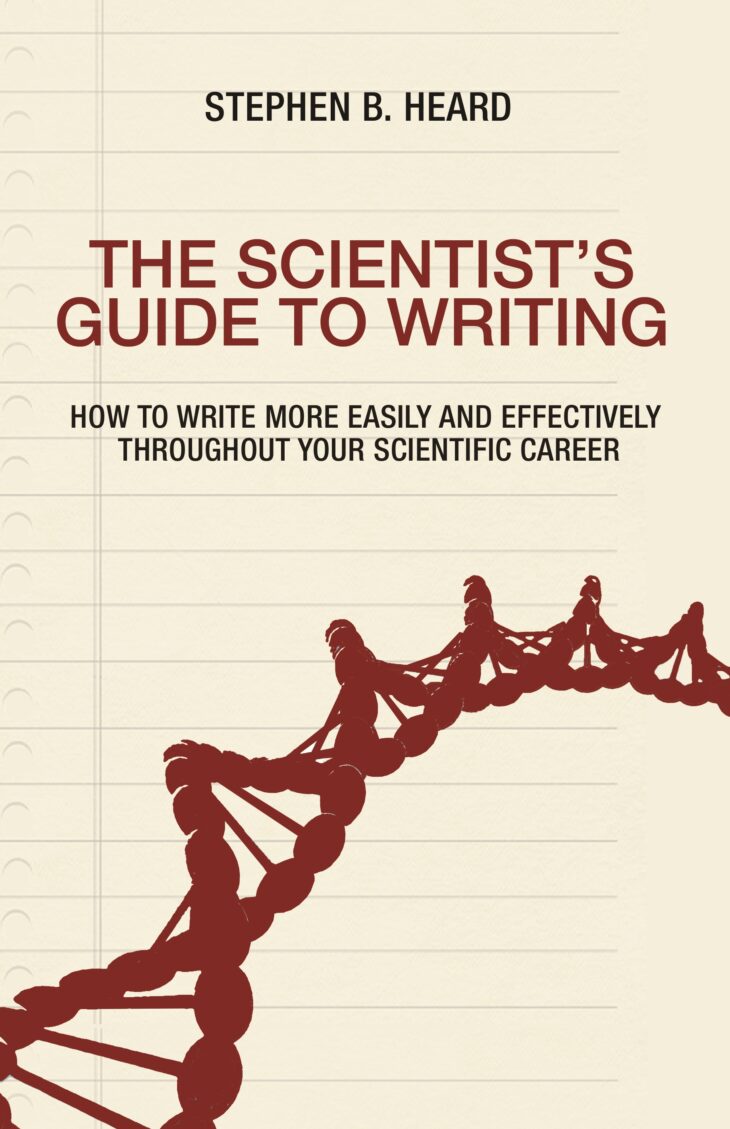
Source: princeton
The writing process demands a high level of imagination and a little bit of creativity. Therefore, it is complicated for scientists to become a successful writer. In “The Scientist’s Guide to Writing,” students who study science can manage complex topics that demand accuracy. With the advice of Stephen B. Heard, you can combine scientific definitions and your creative reasoning into engaging academic works. Include absolute clarity in your point of view and improve your writing with essential and practical tips.
7. Wendy Laura Belcher: “Writing Your Journal Article in 12 Weeks: A Guide to Academic Publishing Success”
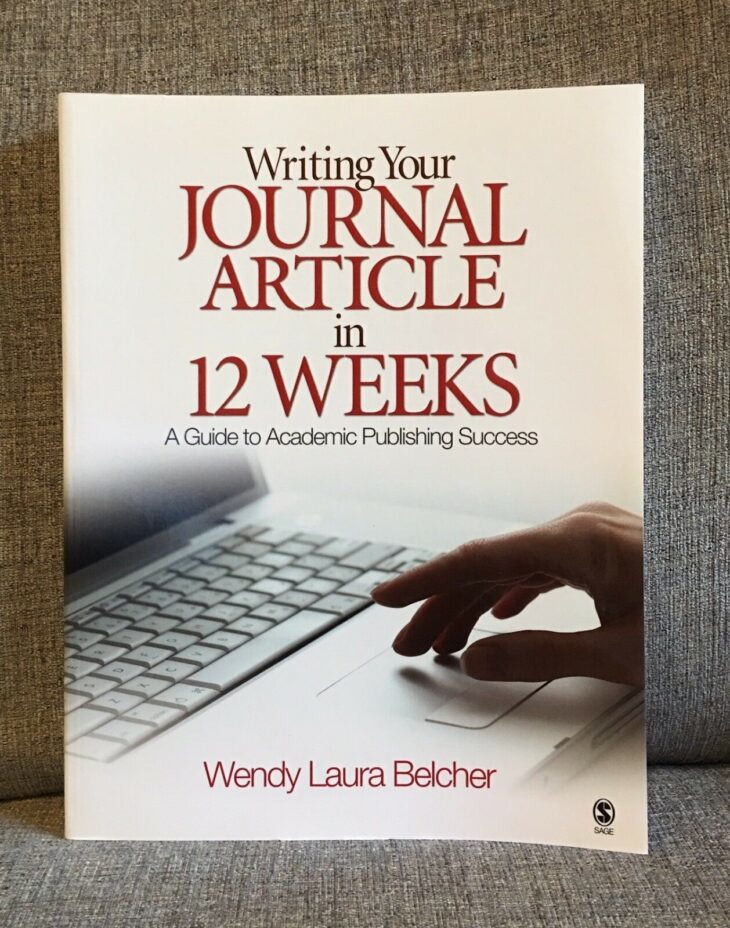
Source: ebay
Time-management plays one of the main roles in a student’s life. It is essential for students, and in this book Laura Belcher emphasizes the audience. She explains how to get published and shows examples of successful academic articles. Combine exercises and track your success with a checklist. In 12 weeks, you will see that you can send a finished article to a journal without any doubt.
8. Paul J. Silvia: “How to Write a Lot: A Practical Guide to Productive Academic Writing”
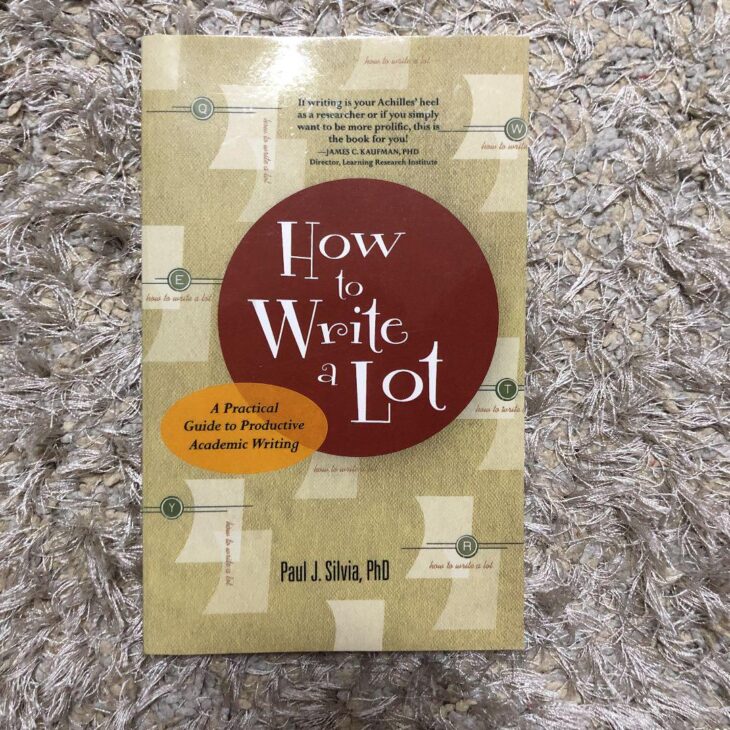
Source: mercari
Academic texts require a very specified type of writing. If you have a tight schedule to learn new skills, this book is the right tool for you. When you need to be good at something, you have to practice daily. Paul J. Silvia provides his readers with unique tactics on how to improve writing skills, even if you don’t have innate talent for it. After performing the daily actions the author presented in this book, you can see progress in your academic writing. “How to Write a Lot” will help you to find your own motivation and finish your next papers effortlessly.
9. Luiz Otavio Barros: “The Only Academic Phrasebook You’ll Ever Need: 600 Examples of Academic Language”

Source: kobo
This book is a must-have for every first-year student. The author combined sentence templates and explanations for each example. With the help of this book, you can find out how to say better, and which phrases are more suitable for academic writings. “The Only Academic Phrasebook You’ll Ever Need” is a prominent work that every student should have when starting their first writing. Learn how to write different expressions and stay clear to your readers!
10. Shuyi Chua: “The Graduate Student as Writer: Encouragement for the Budding Scholar”
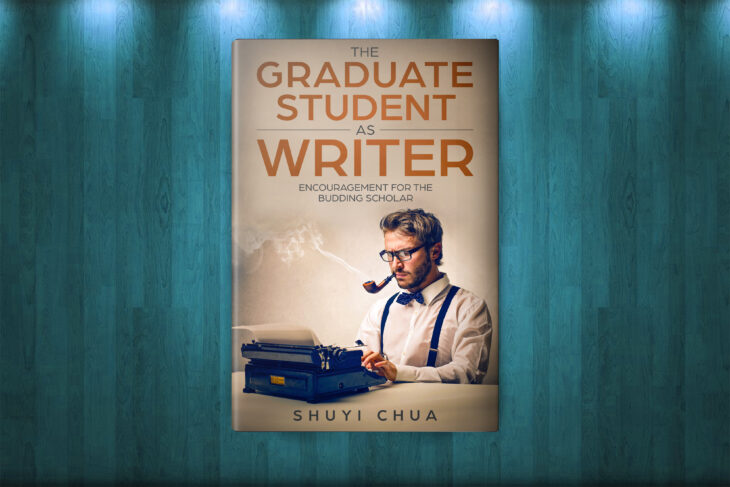
Source: chuashuyi
Find out more on how to improve your writing process even if you are an experienced student and researcher. After delving into these pages, every student will make their way to becoming a professional writer.
Specialize in such techniques as free-writing and drafting, understand the importance of the author’s courage, and become a specialist in different methodologies.
It is crucial to say that every literature recommendation online is objective. Indeed, every book from this list is helpful to unleash your inner writer. Meanwhile, try not to let advice from any book level off your talent and creativity. Writing is a vocation that should not be put into an academic framework.
